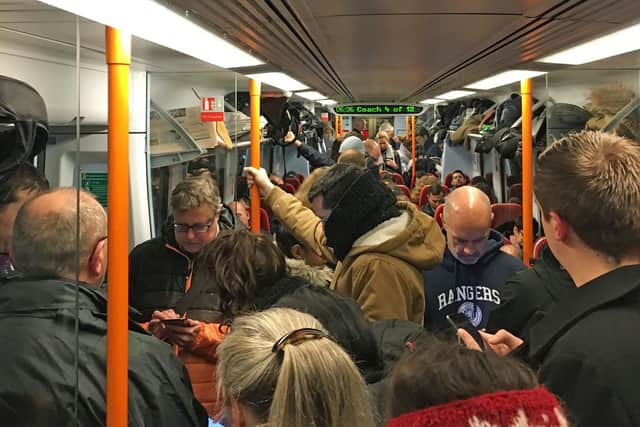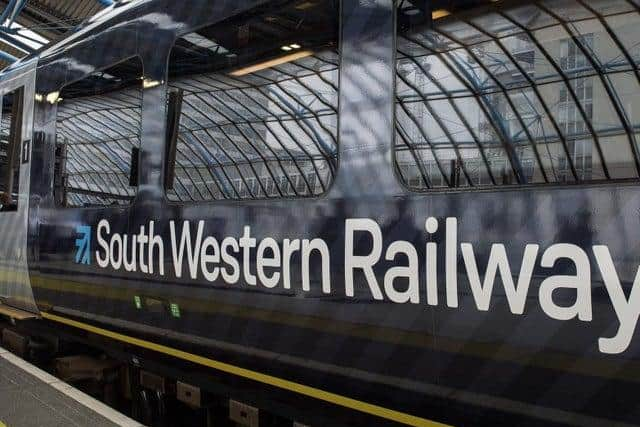South Western Railway to delay changes to timetable due to low passenger numbers
and live on Freeview channel 276
Notable commitments set out in the business plan include:
Boosting Wi-Fi provision across the fleet
Delivering a comprehensive package of station improvements, including toilets, waiting rooms, and anti-trespass measures


A package of station accessibility improvements
Developing plans to achieve net zero
Signing up to the Armed Forces Covenant
Appointing a fraud investigation team


But the company will not be implementing previously announced timetable changes for December. While off peak travel has returned to 100 per cent of pre-Covid trips, commuters have been slower to return making 53 per cent of the peak-time journeys they did before the pandemic.
Advertisement
Hide AdAdvertisement
Hide AdSWR’s Managing Director, Claire Mann said: ‘The Covid pandemic has fundamentally changed the way we work, play and travel, and the long-term future of the railway depends on it adapting to the new normal.
‘Our new business plan does just this, striking the right balance between reducing the cost to taxpayers, who have subsidised the railway to the tune of £16bn since the start of the pandemic, and delivering the improvements our customers want to see.
‘Alongside our business plan, we have made the joint decision with the Department for Transport and Network Rail to defer our planned December 2022 timetable changes. While we know this will come as a disappointment to some of our customers, we cannot justify spending taxpayers’ money on a further timetable uplift while the number of commuter journeys sit at around 50 percent of pre-pandemic levels.’
Comment Guidelines
National World encourages reader discussion on our stories. User feedback, insights and back-and-forth exchanges add a rich layer of context to reporting. Please review our Community Guidelines before commenting.